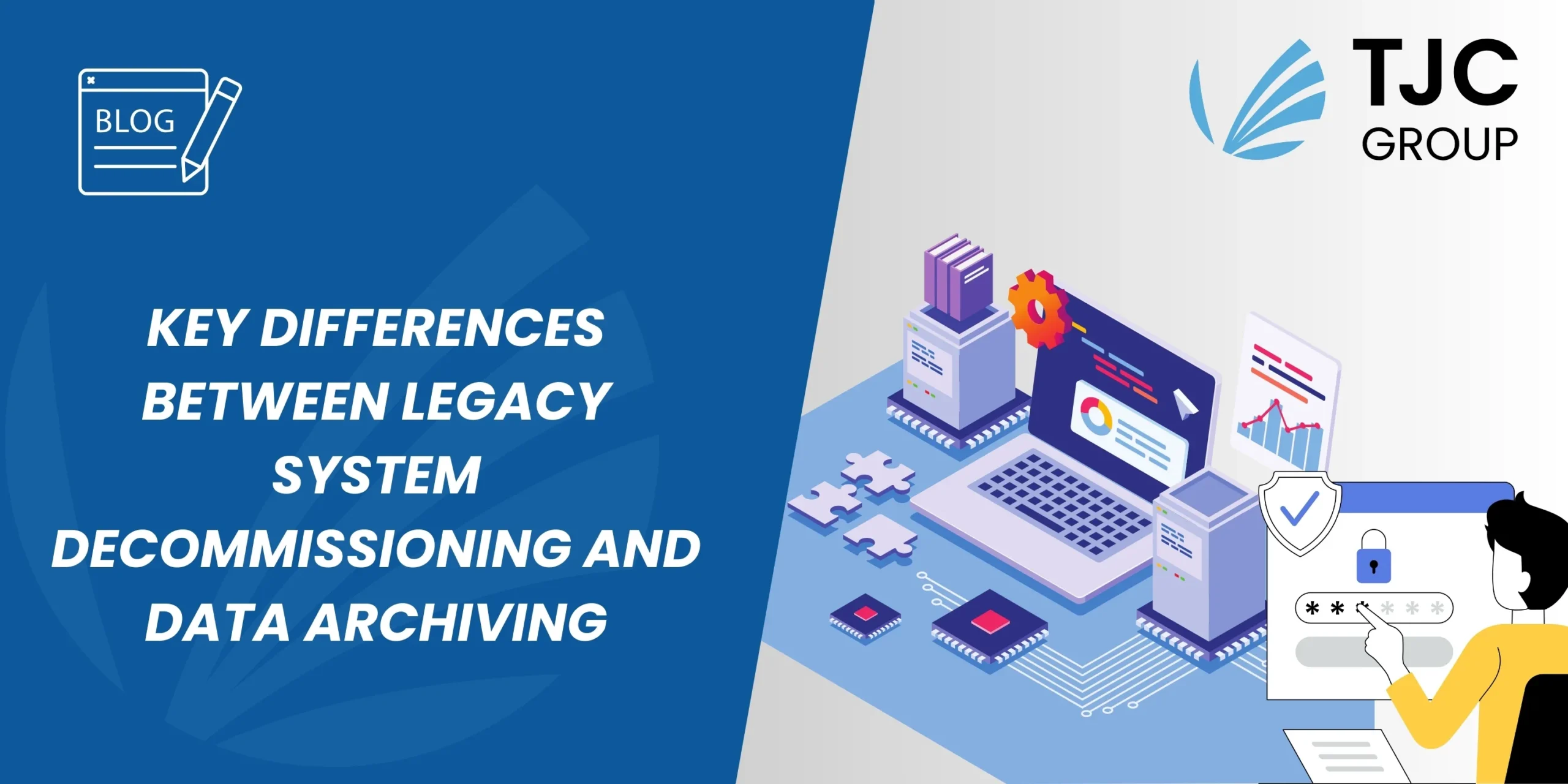Author: Priyasha Purkayastha, Sr. Content Writer | Co-author: Renuka Sharma, HR Manager
The concept of leadership is vast – to be honest, it is a never-ending saga. Having said that, being a leader is not a piece of cake either. You need to know and work on strategies and principles that will help you lead with power and purpose. Keeping that in mind, we bring to you a blog that will help you unlock the 5 essential principles of purposeful and powerful leadership. Read on!
Table of contents
Introduction
Often, it is said that some people are born leaders; they are born with qualities of leadership. However, we beg to differ! While it is true that leadership comes to some people naturally, it is definitely not innate. Rather, it is something you do that you develop over time. Yet, we have to agree that being a leader, mentoring people under you – especially when the numbers are significant, is not an easy task. Sometimes, even as managers, mistakes are bound to happen. But a good manager (read: leader) knows when to accept their faults and work on improving them. After all, that’s what sets them apart from the crowd.
In today’s world, it becomes particularly pivotal for leaders to inculcate practices that make the work environment more amiable and non-toxic for their employees. But how does one do it? Well, for starters, empowering your team members is quintessential; by avoiding micro-management, providing clear rules, establishing clear roles, helping with personality development, etc., managers can empower their team members. While these are some solid tips to get started, the fact of the matter is that there are more strategies, rather than principles, to ensure purposeful and powerful leadership within an organisation.
The concept of leadership development
Before we discuss the principles of powerful leadership, let’s learn a little about the concept of leadership development.
McKinsey says that neuroplasticity refers to the brain’s power to form new routes and connections when exposed to innovative or unusual circumstances. This allows adults to adapt, learn, and grow new practices throughout life. This phenomenon is often referred to as leadership development in corporate or leadership within organisations. The development flourishes through several books, programs, or courses; however, the results may vary.
However, as often seen, leadership development may fail for an array of reasons; the most common one is overlooking the context of a particular program/course. As leaders, ask yourself questions like – what the program is all about, how it will help me contribute more to my team, and so on. In general, one can say that the concept of leadership development is all about creating contexts where they help leaders develop new practices as the landscape keeps evolving.
Absolute principles for purposeful and powerful leadership
Principle 1: Never-ending focus on the mission
The mission of an organisation sets the base for its growth and success. Not more than often, leaders may deviate from it. However, a good leader must know when to bounce back and keep a never-ending focus on the mission of the organisation. As a matter of fact, leaders focusing on the company’s mission can drive more informed decisions and resource allocation. Having said that, missions must be defined in a way that helps team members understand their roles and responsibilities in the larger vision.
Principle 2: Create a clear vision
After the mission comes the vision of the organisation; quintessentially, a leader must always have a clear vision of what they want or what they plan to achieve. Define and clarify the directions that you want your team to take, the processes you want your team to follow, and the best practices to achieve the desired results. Effective communication of your vision is the key to ensuring that all the involved parties not only understand but also commit to that vision.
Interestingly, there are several ways in which you can communicate your vision. For example, as leaders, you can create a mission statement and share it across your teams, refresh it during company meetings or annual conferences, and so on. Whether it is marketing, culture, or technology – the vision of your organisation must be shared and supported by all.
Principle 3: Empower your team members
Employee pride may be one of the most underrated factors that impact the quality of your organisation’s culture, ultimately leading to its deserved success. The fact of the matter is that if your team member is proud of the company, their performance will automatically be exponential. When team members are appreciated, there will be an organic surge in how well they perform. Therefore, it is pivotal to empower your team members; even at their smallest of victories, pat them on the back. It not only motivates them but also builds confidence. At TJC Group, team leads, and managers empower their members by giving out kudos on LinkedIn for all the amazing work they have done over the months. There is also a reward and recognition program, where employees are rewarded based on their performances. Not just that, even in day-to-day operations, when a team member does something invaluable, they are appreciated. These small steps make our employees feel more empowered and assured.
Principle 4: Create a learning environment
One of the most prominent principles for powerful and purposeful leadership is creating a learning environment for your employees. Often, leaders need to give their team members the space and opportunity to learn and develop skills. What we must remember is that no one is born with skills; they are developed over time through practice and patience. As leaders, you must ensure that you create an environment where learning (even the tiniest of things) is promoted and not frowned upon!
TJC Group leaders are extremely proactive at this, always ensuring that employees receive regular knowledge transfer sessions, collaborate with other teams to learn new skills, and so on. Moreover, our HR department ensures that all the required training and courses are accessible to team members for their development while assisting them in every way possible.
Principle 5: Promote discussions within your organisation
Today’s workforce belongs to the group that loves open discussion and brainstorming ideas together. They are increasingly aware of and care about the processes that organisations use to make decisions. So, as a part of your leadership duties, it is crucial that you keep an open mind about the feedback and thought processes of your team members. Also, ensure that when you disagree with their opinions, you take care while communicating your disagreement; explain to them why you disagree and what the other course of action can be. In that way, not only will your team members feel valued, but they will also be confident in keeping their opinions in the future.
The fact is that at TJC Group, every employee’s feedback, opinions, and concerns are heard and addressed. Our HR team takes extra care to keep them anonymous while ensuring that their opinions are implemented, concerns addressed, and promises delivered. For us, employee well-being and happiness within the organisation are of the utmost importance.
Big 4 | The benefits of implementing purposeful leadership
All the principles accumulated together offer four incredibly excellent benefits, namely –
#1. When leaders and employees communicate and understand the rationale behind decisions, the implementation of plans and strategies becomes much more accessible. This is because both leaders and employees can better distinguish between the estimated and unforeseen bumps along the way.
#2. With leaders having purposeful yet powerful leadership, employees feel much more confident in keeping their ideas in front of the management, often leading to more informed decisions.
#3. When leaders consider inputs and opinions from their employees or even devote time to explain their choices and strategies, team members feel valued and appreciated.
#4. Lastly, the more open leaders are with their employees about specific complex decision-making processes, the more opportunities the team members get to learn and grow.
The magic of Emotional Intelligence (EI) in leadership
One of the quotients that largely heaps to the success of leadership is Emotional Intelligence (EI). It helps leaders better grasp and control not just their own emotions but also the emotions of their employees and team members. Additionally, with emotional intelligence, forging solid bonds with your employees, making more informed decisions while handling difficult circumstances, and achieving success in any endeavour becomes much easier and seamless.
But how does one achieve this emotional intelligence for purposeful leadership? Self-awareness is one of the primary factors in EI, and it further influences leadership effectiveness. This quality of leaders not only enables them to differentiate between their pros and cons but also to see the factors that influence their decisions and actions. Ultimately, with the self-awareness factor of EI, as leaders, you can interact with your team members better while being able to relate to their concerns much more closely.
Easy to learn. Challenging to implement
While going through the principles, you must have felt that they are pretty easy to learn and simple to understand. If you have felt that, then you already have a crucial insight into leadership. But truth be told, as simple as these principles seem, they are challenging to implement.
It is an established fact that leadership is not an innate quality but a skill developed over time. The primary challenge is having a clear vision and, most importantly, the discipline to live up to the principles that will not only lead to purposeful and powerful leadership but also make the work environment positive and seamless for employees.
The end goal is always to create an environment and culture that promotes healthy work-life relations.
Stay tuned to TJC Group’s editorial section for more such informative articles!










